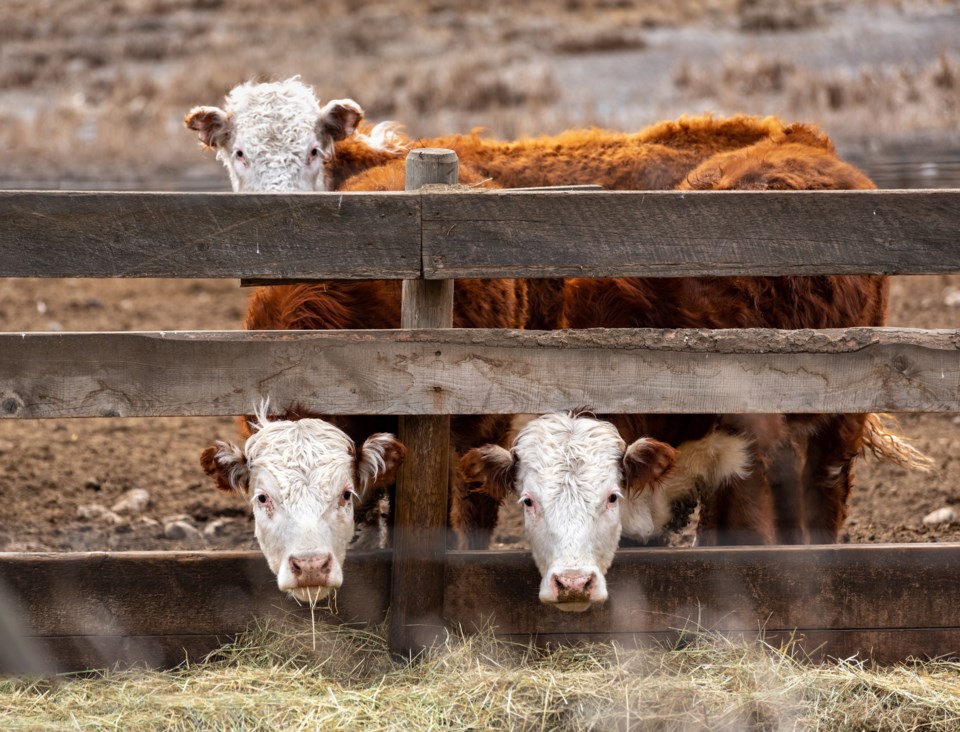Since 2019, Research Co. has asked Canadians about our relationship with animals. This year’s survey confirms some long-standing perceptions and provide some eye-catching fluctuations on specific demographic groups.
For starters, practically seven in ten Canadians (69 per cent) are in favour of eating animals. This represents a six-point drop from our 2023 numbers, and the lowest proportion we have found in five surveys.
Men are more likely than women (74 per cent to 65 per cent) to have no qualms about eating animals. Canadians aged 55 and over are more favourable to this practice (77 per cent) than their counterparts aged 35-54 (71 per cent) and aged 18-34 (61 per cent).
The numbers take a drastic turn when we focus on the ethnic origin of respondents. Canadians of European descent are the most likely to have no issues with eating animals (78 per cent), but the proportions are lower among those whose heritage is Indigenous (71 per cent), East Asian (60 per cent) and South Asian (51 per cent).
We see a similar decline in the number of Canadians who agree with hunting animals for meat, from a high of 65 per cent in both 2019 and 2020, to 60 per cent this year. Once again, the country’s youngest adults are not as convinced about this practice (54 per cent) as those aged 35-54 (62 per cent) and those aged 55 and over (64 per cent).
The collective dismay about trophy hunting remains high. Only 11 per cent of Canadians (down three points since 2023) are in favour of hunting animals for sport, while more than four in five (84 per cent) are against the practice.
Canadians who voted for the Conservative Party in the last federal election are slightly more likely to have no problem with trophy hunting (19 per cent) than those who cast ballots for the Liberal Party (11 per cent) or the New Democratic Party (NDP) (nine per cent) in 2020.
The verdict is also particularly negative for killing animals for their fur. Fewer than one in five Canadians (17 per cent, down one point) favour this practice. As has been the case since 2019, women are more likely to be disappointed with furring (11 per cent) than men (23 per cent). Support for the practice reaches 22 per cent among Canadians aged 18-34, dropping among those aged 35-54 (14 per cent) and those aged 55 and over (15 per cent).
On a regional basis, support for killing animals for their fur is highest in Atlantic Canada (26 per cent), followed by Saskatchewan and Manitoba (23 per cent), Ontario (18 per cent), British Columbia (16 per cent), Alberta (15 per cent) and Quebec (14 per cent).
The last two issues tested are related to education and entertainment. Fewer than two in five Canadians (36 per cent) are in favour of keeping animals in zoos or aquariums. Once again, there is a bit of a gender gap, with men being more supportive of the practice (40 per cent) than women (33 per cent).
The remarkable fluctuation on zoos and aquariums is related to ethnic origin. Only 29 per cent of Canadians of Indigenous descent favour the practice. The proportion rises to 34 per cent for South Asians, 35 per cent for Europeans and 46 per cent for East Asians.
The use of animals in rodeos has become more contentious over the years. This year, 26 per cent of Canadians are against his practice, down eight points since our first survey conducted in 2019.
More than a third of residents of Alberta (37 per cent), and Saskatchewan and Manitoba (also 37 per cent) have no problem with using animals in rodeos, but the numbers drop among residents of Atlantic Canada (29 per cent), British Columbia (20 per cent), Ontario (25 per cent) and Quebec (16 per cent).
The Calgary Stampede has long been regarded as an important stop for politicians of all stripes. In our survey, only 40 per cent of Conservative Party voters in 2020 are in favour of using animals in rodeos. Even fewer who voted for the Liberals and the New Democrats concur (23 per cent and 21 per cent respectively).
When we compare the results of this year’s survey with our first one conducted in 2019, a trend emerges. On every one of the issues we ask about, the unease of Canadians with the use of animals has risen. We still have majorities of the country’s residents who have no reservations when thinking of sustenance, but the animosity on rodeos, fur and trophy hunting has grown markedly.
Results are based on an online study conducted from July 5 to July 7, 2024, among 1,001 adults in Canada. The data has been statistically weighted according to Canadian census figures for age, gender and region. The margin of error, which measures sample variability, is +/- 3.1 percentage points, nineteen times out of 20.



